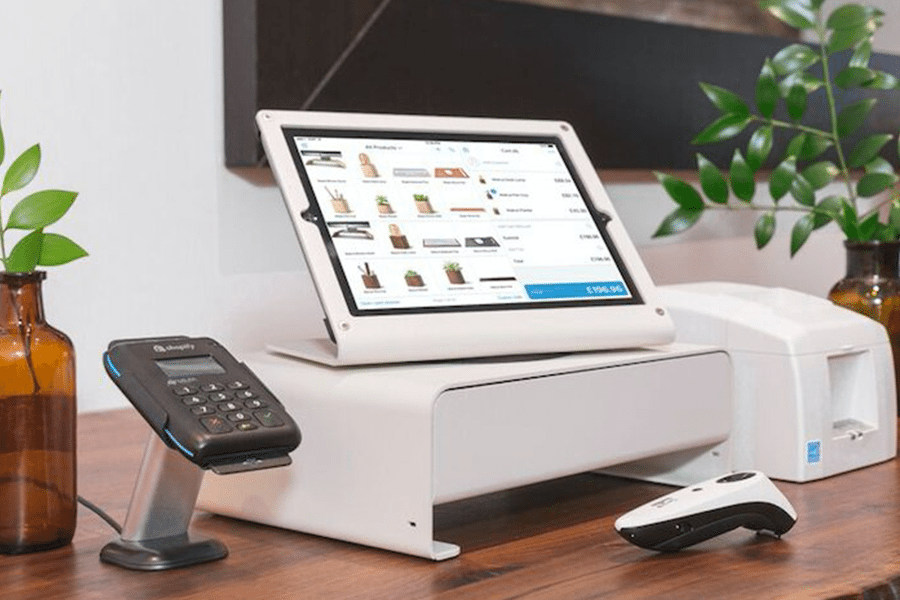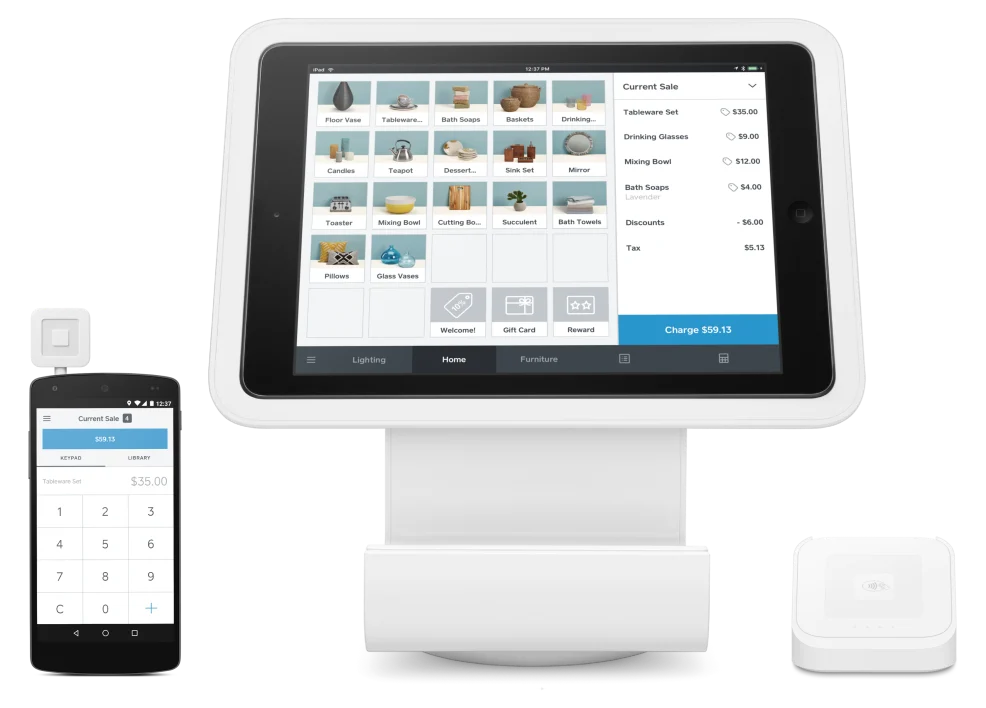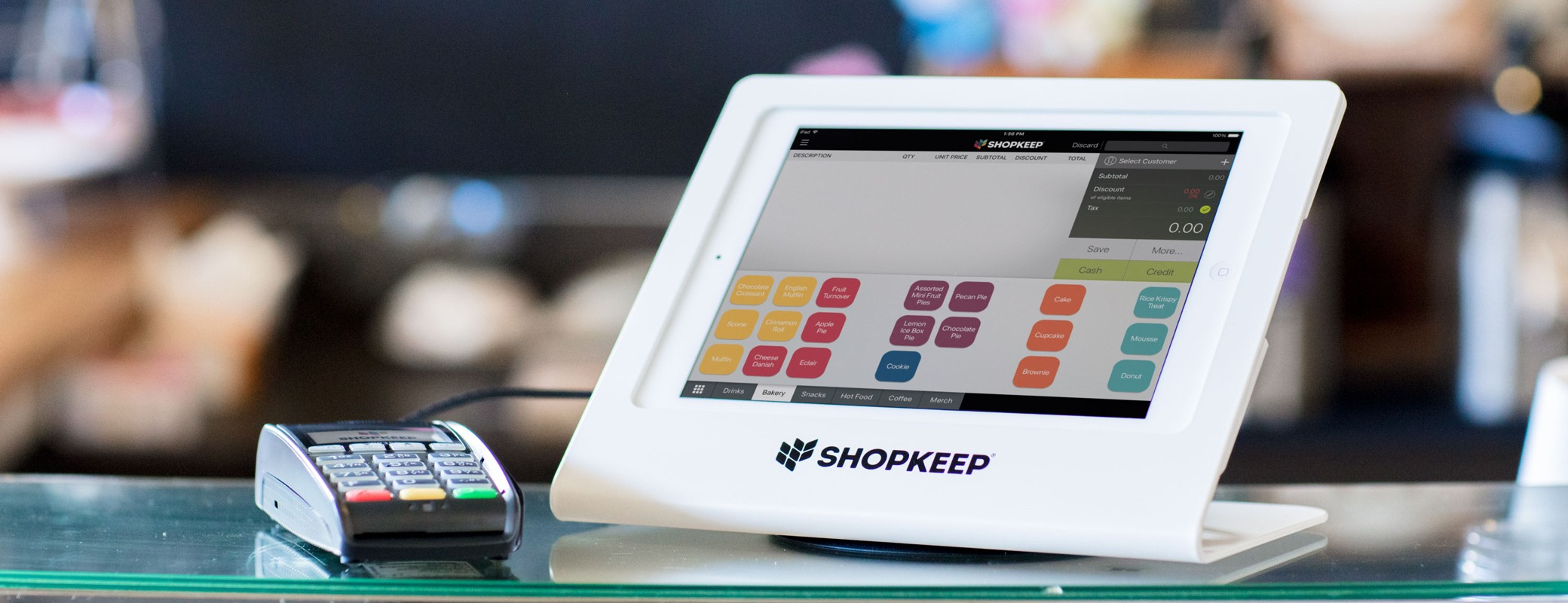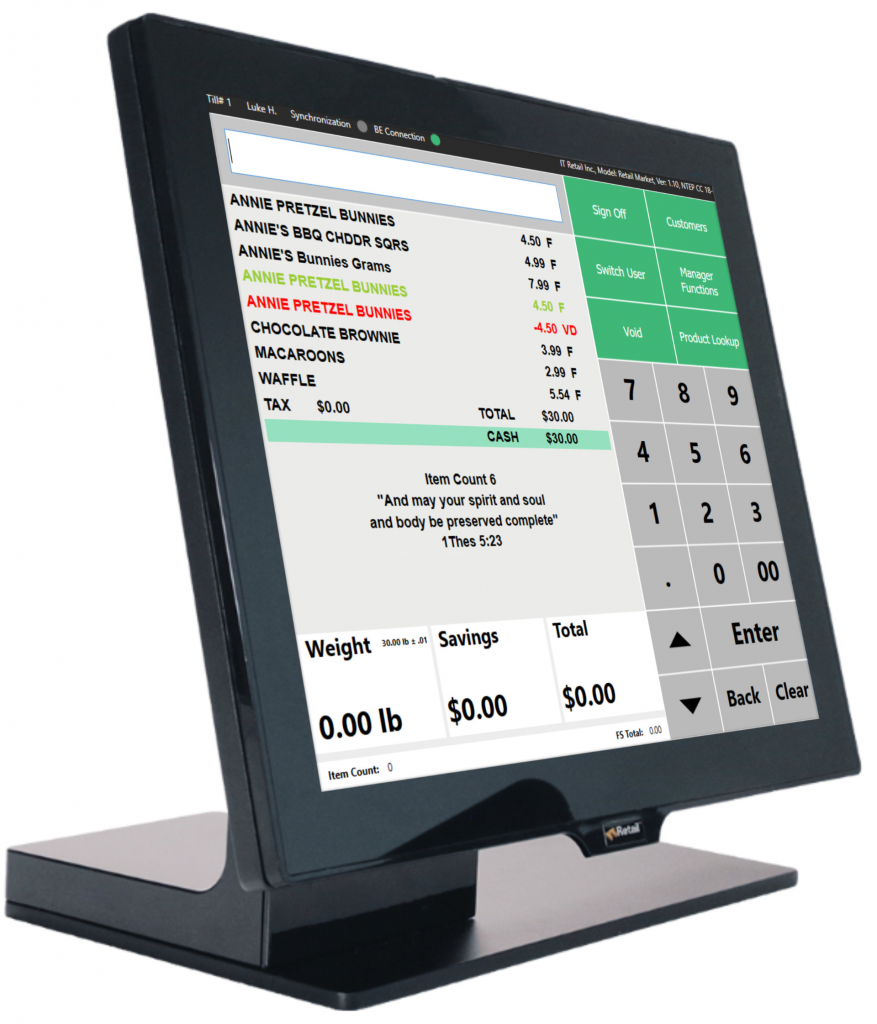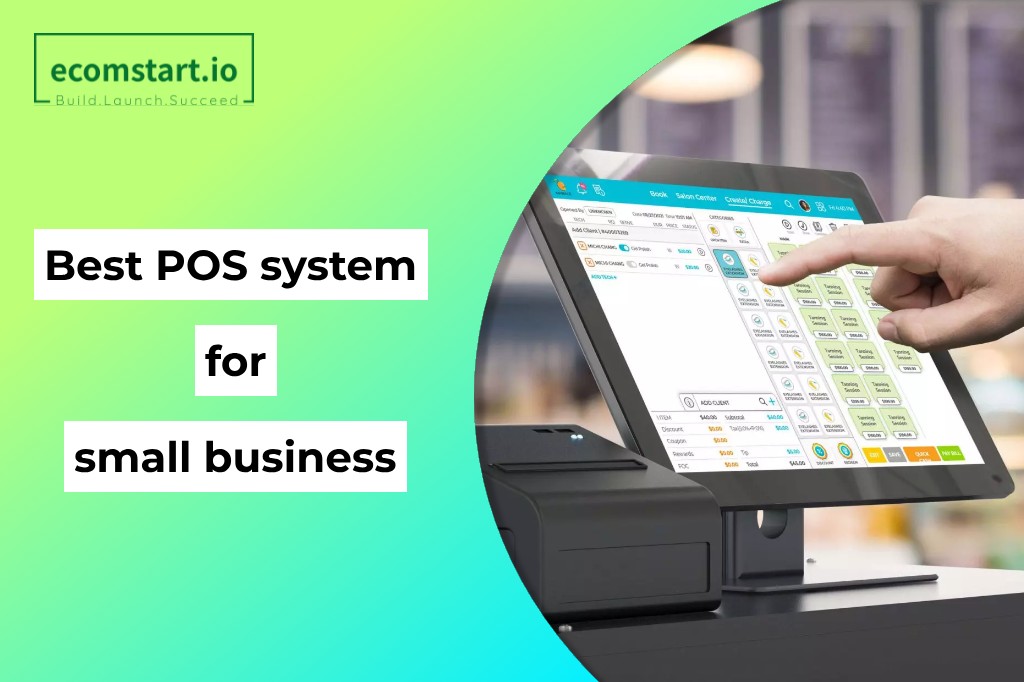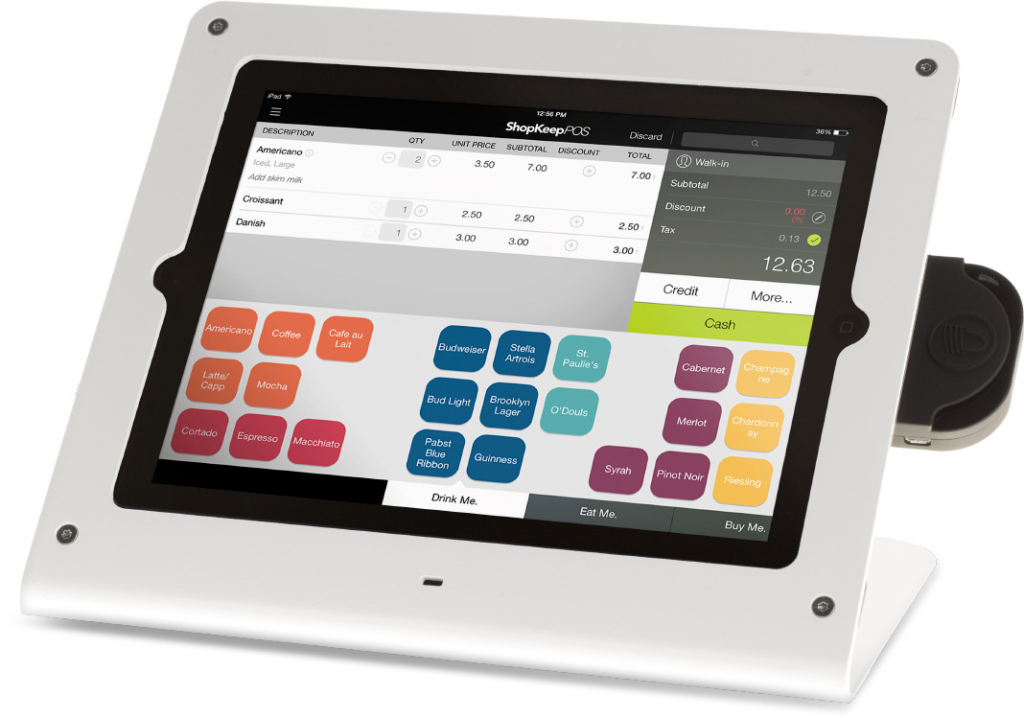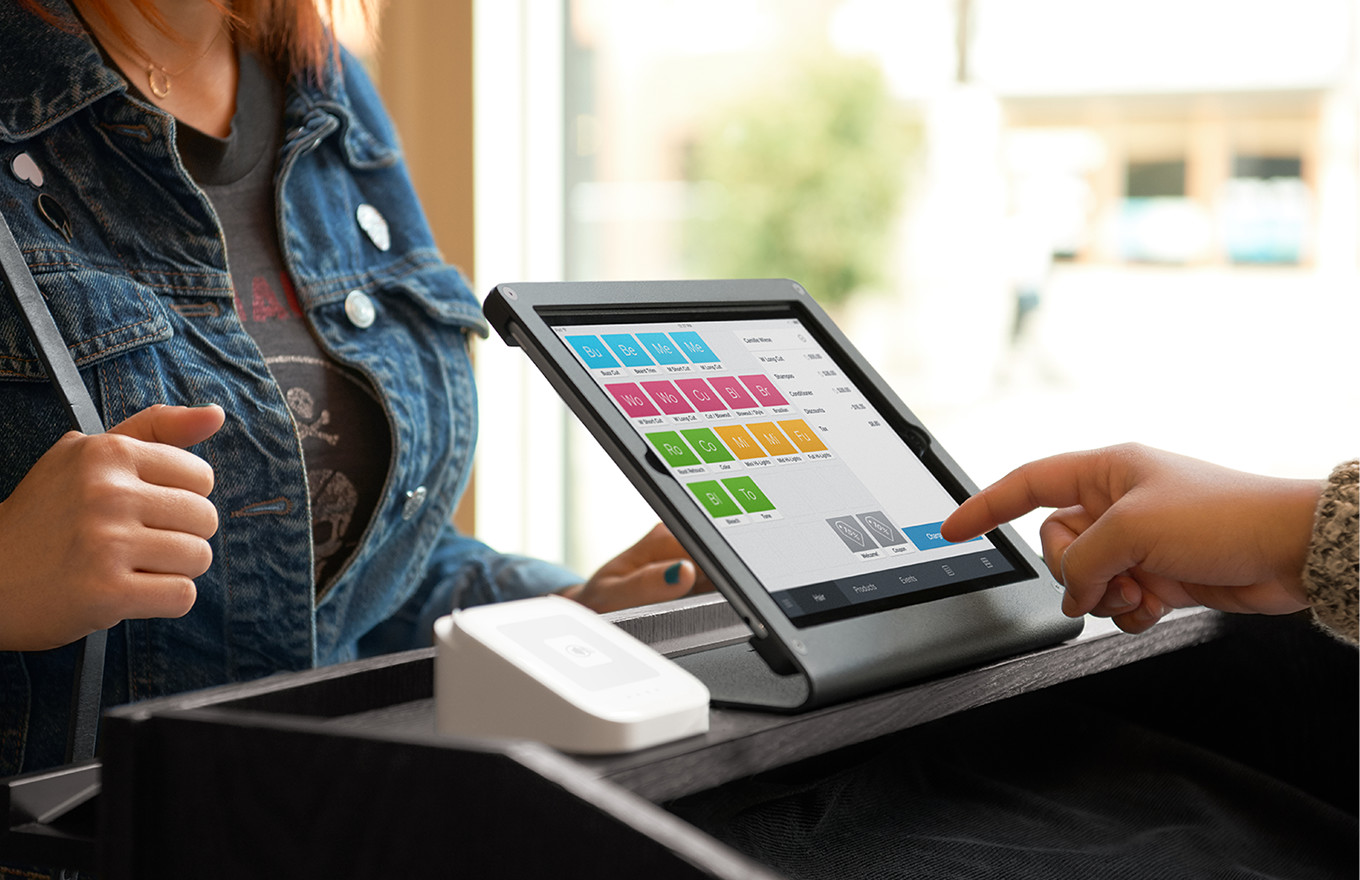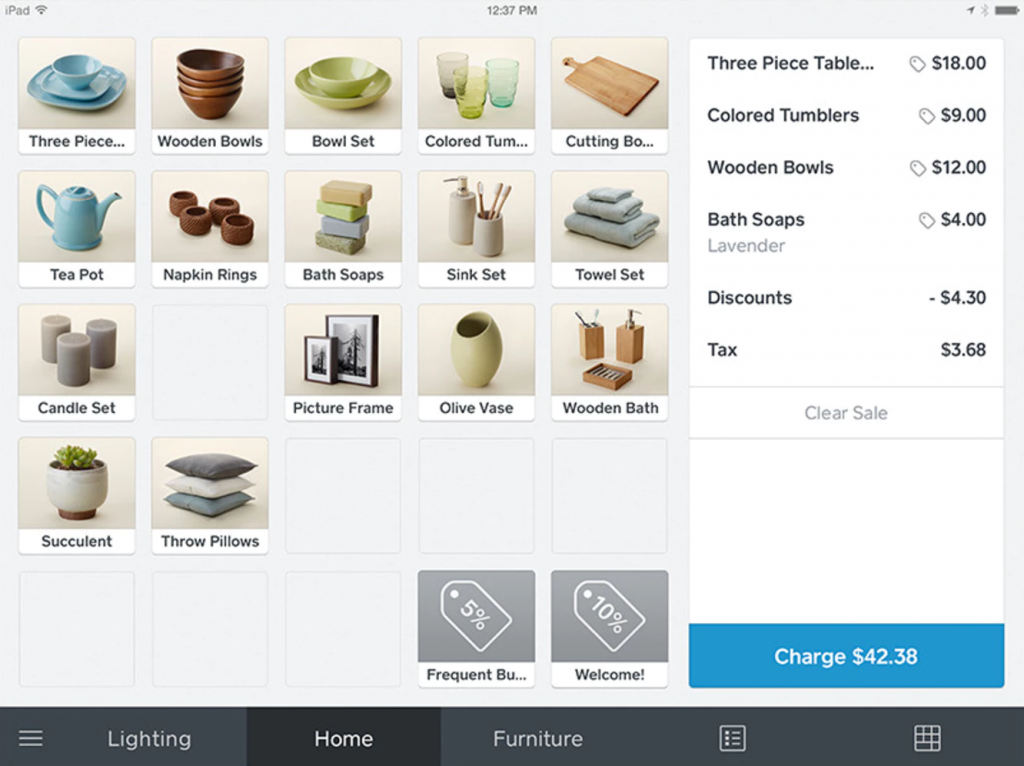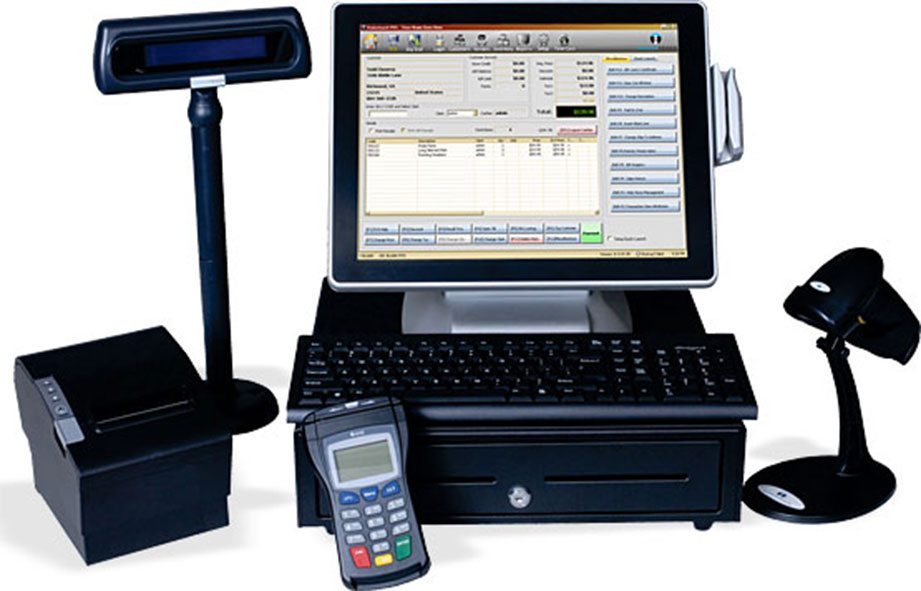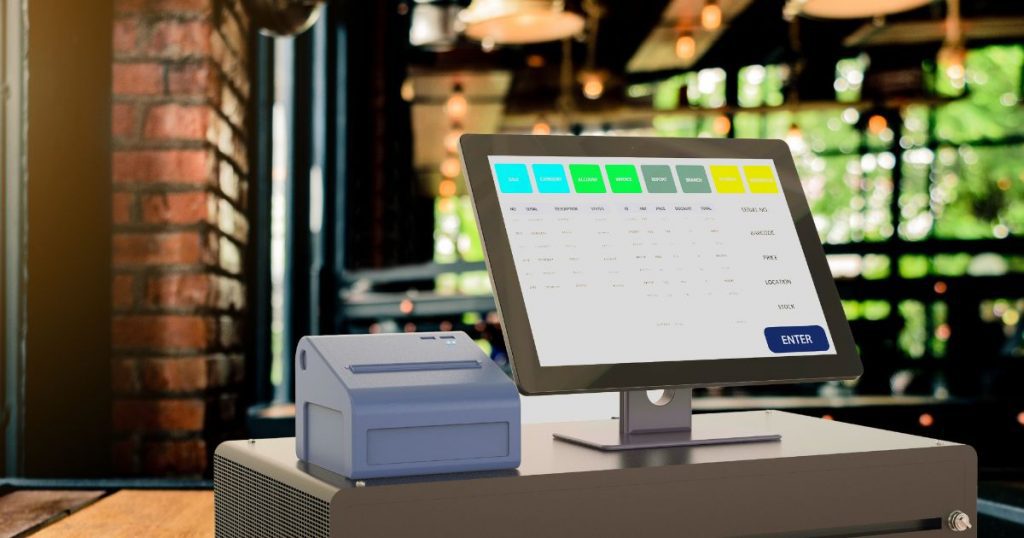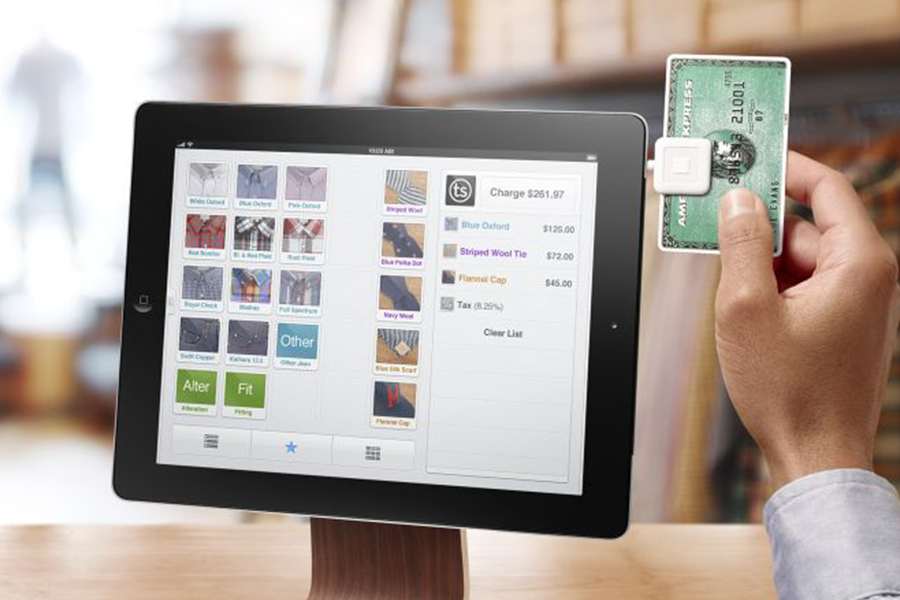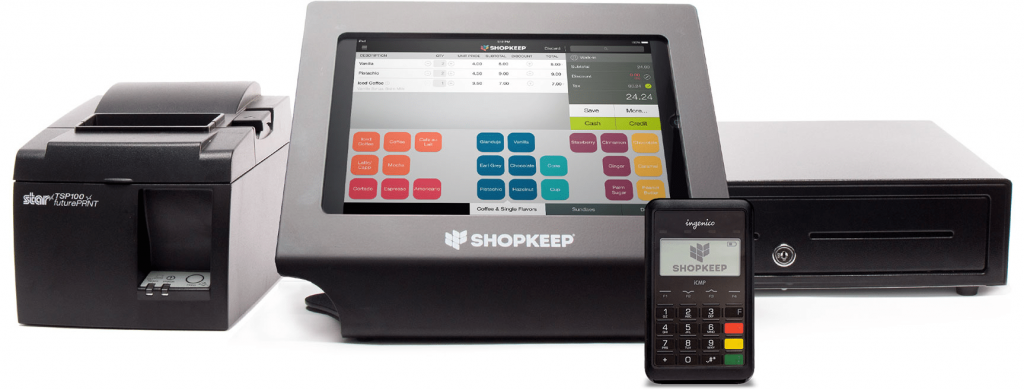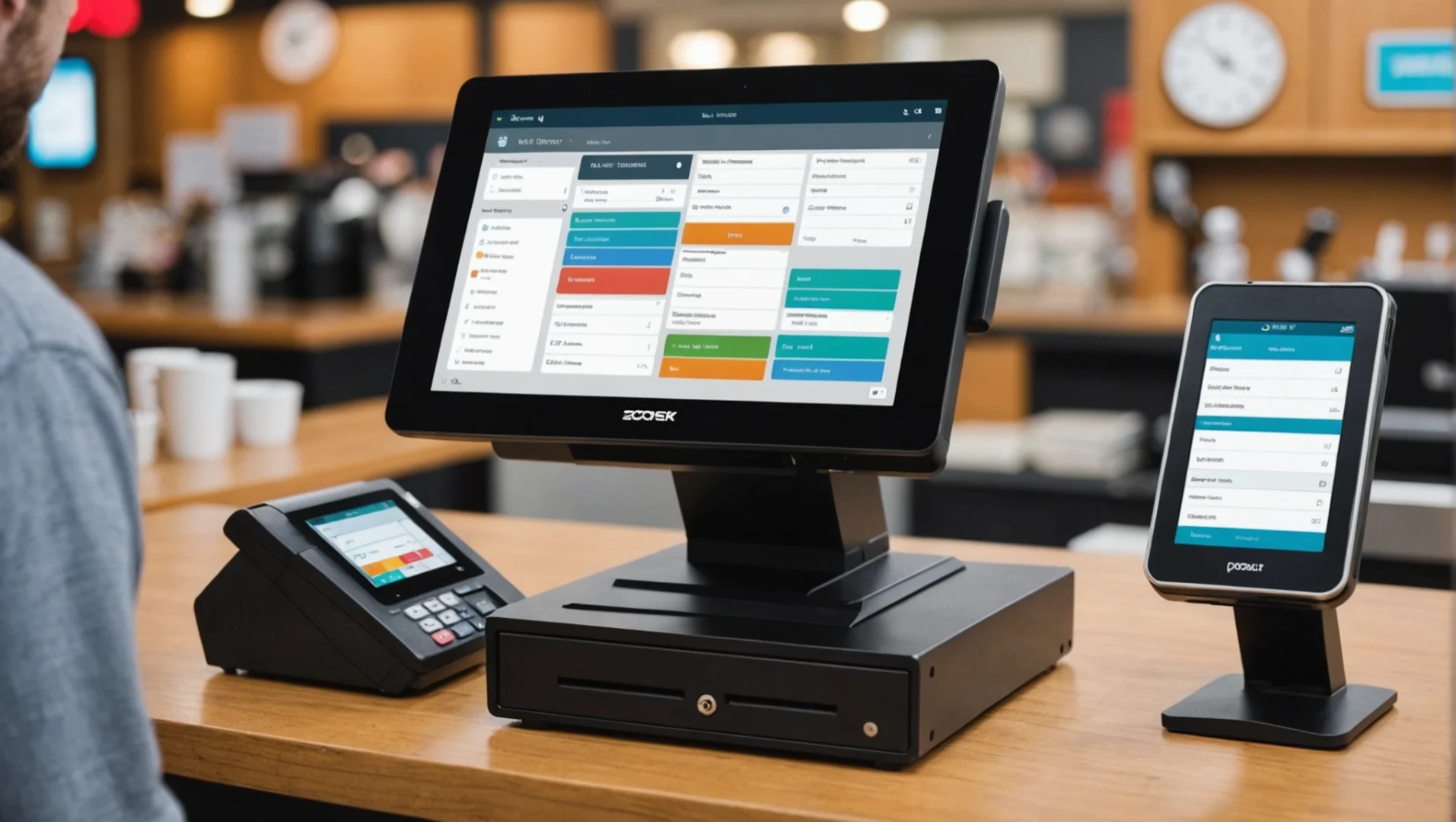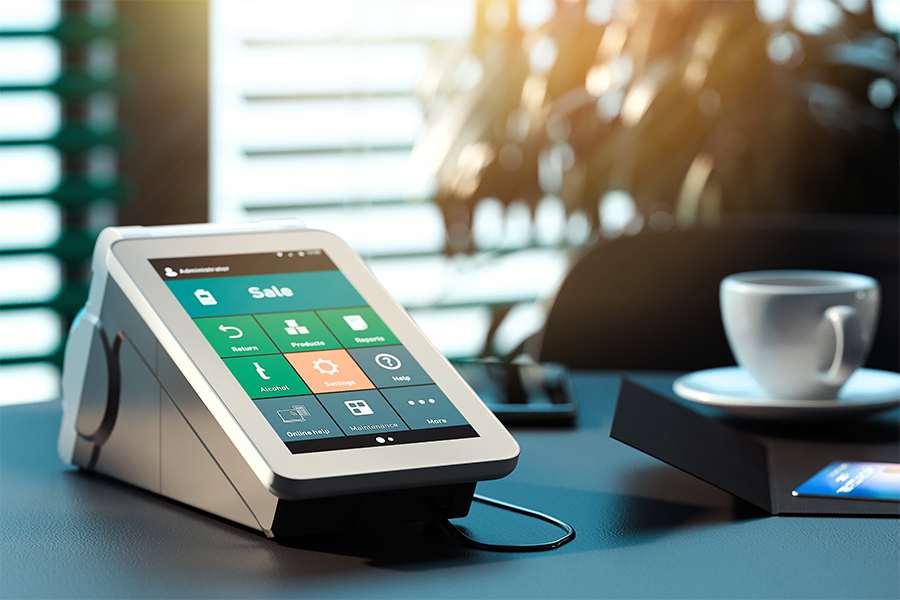Best Pos System Small Business
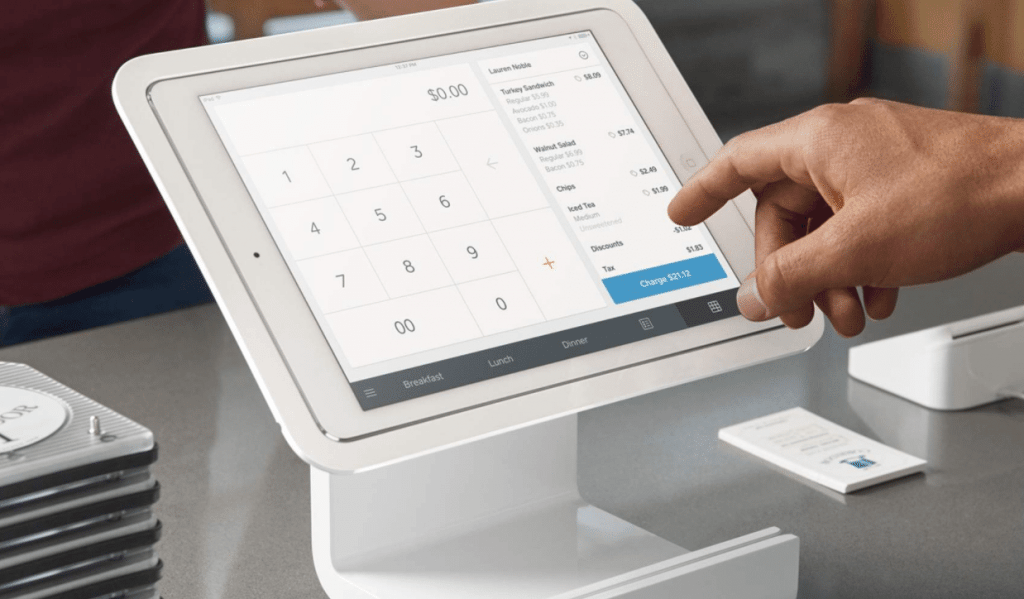
Alright, fellow penny-pinchers! Let's talk POS systems. You're a small business owner, not a tech mogul. You need a system that rings up sales without ringing up bankruptcy.
This isn't about fancy features you'll never use. This is about finding the cheapest, most effective way to manage your transactions and keep your business afloat.
Why Should a Frugal Small Business Care About POS Systems?
Think of a POS system as your cash register, inventory manager, and accountant, all rolled into one. Without one, you're stuck with manual processes, prone to errors, and losing money you didn't even know you had.
A good system helps you track sales, manage inventory, and understand customer behavior. It also frees up your time to focus on what actually matters: growing your business, not wrestling with spreadsheets.
Your Shortlist of Budget-Friendly POS Contenders
Here are a few options, catering to different levels of frugality.
- Square Point of Sale: The classic free (with transaction fees) option for beginners.
- Toast POS: Restaurant-specific, good value, but can add up quickly.
- Lightspeed Retail: More robust, higher initial cost, but potentially cheaper long-term for larger businesses.
- Shopify POS: Best for e-commerce integration, subscription-based.
Detailed Reviews: Digging into the Deals
Square Point of Sale: The Free Starter Pack
Square is the go-to for businesses on a shoestring budget. It's free to download and use, with transaction fees of around 2.6% + $0.10 per tap, dip, or swipe.
The basic functionality covers sales, inventory, and basic reporting. The downside? You're paying those transaction fees every time.
Toast POS: Restaurant-Ready, But Pricey Plates
Toast is built specifically for restaurants. Its strength lies in its restaurant-specific features, such as menu management, order customization, and table management.
The pricing starts low, but adds up quickly as you need more features and hardware. Factor in monthly fees and payment processing costs.
Lightspeed Retail: Investing for the Long Haul
Lightspeed Retail is a more powerful option, suited for businesses with multiple locations or complex inventory. It's not free, monthly subscription fee depend on business needs.
Although the initial cost is higher, it can be more cost-effective in the long run for growing businesses. The inventory management is particularly strong.
Shopify POS: Seamless E-commerce Integration
Shopify POS is a natural choice if you already use Shopify for your online store. It's simple and its biggest selling point is that it works flawlessly with online stores.
It operates on a subscription-based model, so factor that into your budget. Look for the features that can help your business grow, because that can make it worthwhile.
Spec Showdown: Performance Scores and Features Compared
| Feature | Square | Toast | Lightspeed | Shopify POS |
|---|---|---|---|---|
| Pricing | Free (Transaction Fees) | Subscription + Fees | Subscription | Subscription |
| Ease of Use | High | Medium | Medium | High |
| Inventory Management | Basic | Medium | Advanced | Medium |
| Reporting | Basic | Medium | Advanced | Medium |
| Customer Support | Limited | Good | Good | Good |
| Restaurant Features | No | Yes | Yes | No |
| E-commerce Integration | Limited | Limited | Medium | Excellent |
Customer Satisfaction: What are Other Tightwads Saying?
Based on aggregated reviews and survey data:
- Square: Highly praised for ease of use and affordability, but criticized for limited features.
- Toast: Loved by restaurant owners for its industry-specific tools, but complaints about pricing complexity.
- Lightspeed: Appreciated for its robust functionality, but considered less user-friendly.
- Shopify POS: Highly rated for e-commerce integration, some users wish for more advanced features.
Maintenance Cost Projections: The Hidden Fees
Don't just look at the upfront cost. Consider these potential expenses:
- Hardware: Terminals, printers, barcode scanners.
- Software Updates: Subscription fees may cover this.
- Support: Some providers charge extra for premium support.
- Payment Processing Fees: These are unavoidable, so compare rates.
Factor in the cost of training employees to use the system. Time is money!
Key Takeaways: Saving Money the Smart Way
Choosing the right POS system isn't about finding the absolute cheapest option. It's about finding the system that offers the best value for your business.
Consider your business needs, budget, and growth plans. Don't be afraid to negotiate with providers and compare quotes.
Remember, the cheapest option today might end up costing you more in the long run. Choose wisely.
Ready to Ring Up Savings?
Don't waste another penny on inefficient systems. Request quotes from the POS providers listed above and compare the options. Your bottom line will thank you!
Frequently Asked Questions (FAQ)
Q: Is a free POS system really free?
A: Yes, but they typically charge higher transaction fees. Crunch the numbers to see if it's actually cheaper than a subscription-based option.
Q: Do I need special hardware for a POS system?
A: It depends. Most systems work with standard tablets and smartphones, but you might need a card reader, printer, or barcode scanner.
Q: How long does it take to set up a POS system?
A: Simple systems like Square can be set up in minutes. More complex systems like Lightspeed may require a few hours or days.
Q: What if I need help with my POS system?
A: Most providers offer customer support via phone, email, or chat. Check their support hours and response times before you commit.
Q: Can I switch POS systems later if I'm not happy?
A: Yes, but it can be a hassle. Research carefully and choose a system that meets your needs and offers a good trial period.

